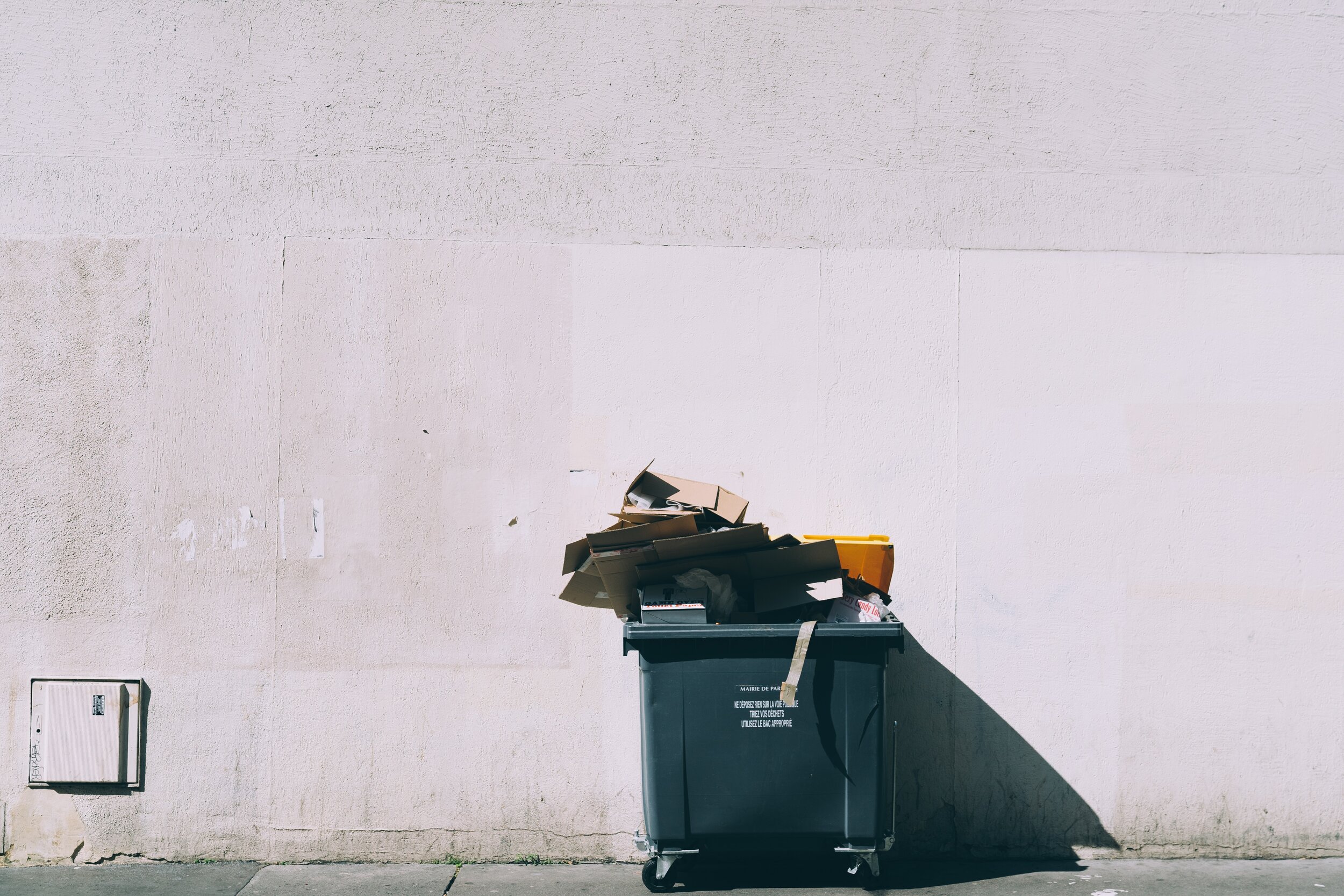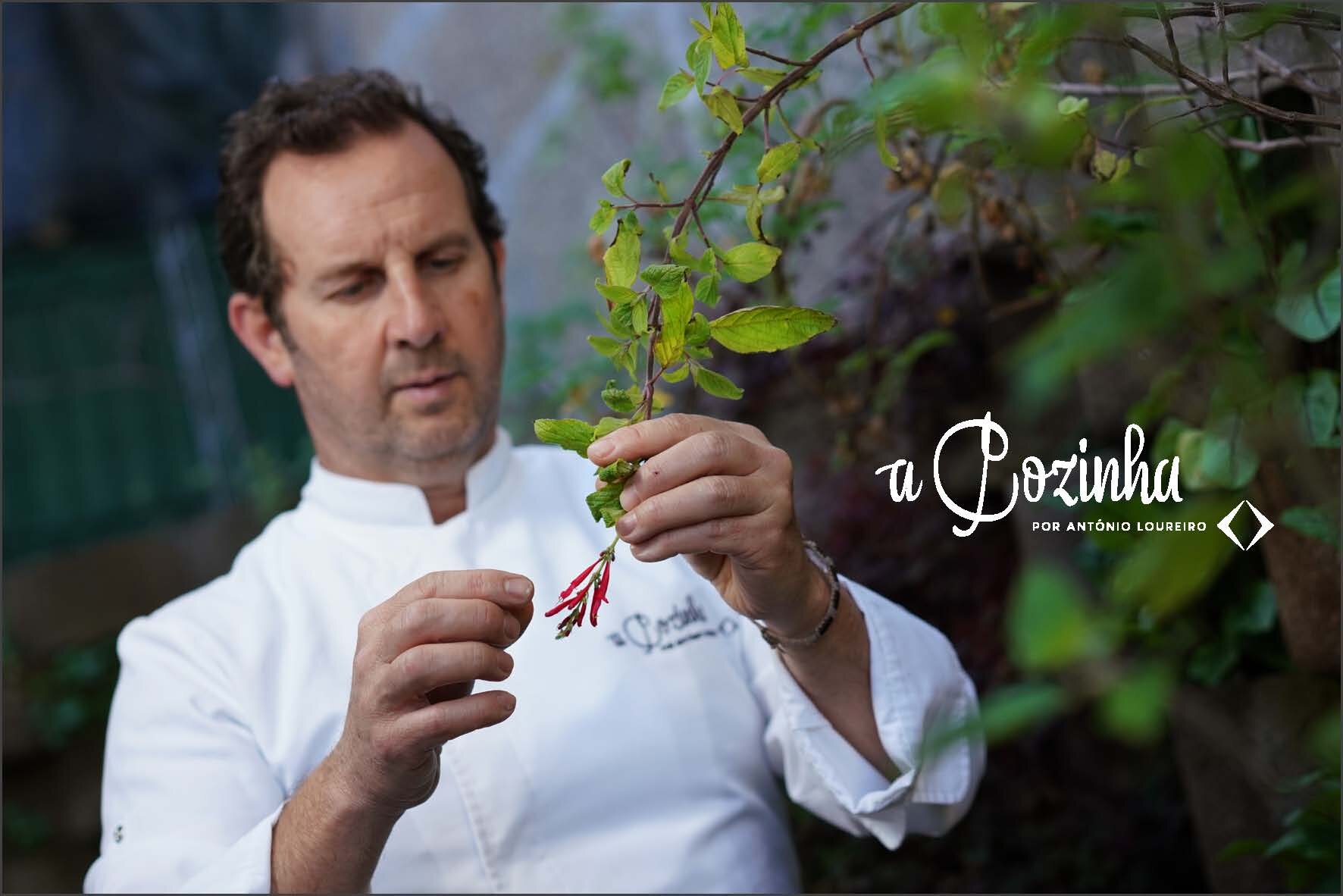Beirholm and Green Key enter cooperation agreement to increase the focus on sustainable textiles in the hospitality industry.
The Danish family-owned company, Beirholm, is the leading supplier of industrial textiles to the rental laundries in Europe, which supplies most of the European hospitality industry. For more than 150 years, the company’s trendy, Scandinavian textile designs have brought joy and life to Europe’s hotels and their guests.
Today, Beirholm’s innovative and durable BeirTex® textiles are engineered to offer the quality, comfort and CO2e-savings desired by hotel guests while ensuring a high return on investment. And through the company’s holistic approach to sustainability, the BeirTex® textiles live up to some of the strictest social and environmental standards. For instance, the BeirTex® textiles are certified according to EU Ecolabel, Green Button, Oeko-Tex® Made in Green and Oeko-Tex® 100 standards. Combined with the company’s support of The Better Cotton Initiative, their BeirTex® textiles are sustainable from the cotton farm to the hotel room.
And don’t just take their word for it! Recently, Beirholm’s innovative BeirTex® bed linen was nominated for the German Sustainability Award (GSA). The bed linen offers revolutionary durability, a lightweight construction, and a sustainable raw materials blend of Fairtrade organic cotton, virgin- and recycled polyester generated from 20 recycled PET bottles. Consequently, the BeirTex® bed linen reduces CO2-equivalent emissions by up to more than 70% over its entire lifecycle compared to the average hotel bed linen in the industry.
The linen is woven in an exclusive, breathable, and soft satin binding quality, which is available in 13 unique designs and can be upcycled at the end of its usable life.
The goal of the cooperation between Beirholm and Green Key is to focus on using sustainable textiles in the hospitality industry. With Beirholm’s knowledge of sustainable textiles and Green Key’s 3.200 members committed to making an impact, the cooperation seeks to make the hospitality industry even greener.
To watch a brief introduction to our new partner, Beirholm, click here.
Andreas Beirholm, Business Development Manager at Beirholm, says:
“Beirholm develops sustainable and climate friendly performance textiles for the hospitality industry. This makes us a great match with the efforts done by Green Key. We are looking forward to the cooperation and to support the continued greening of the hospitality industry.”
Finn Bolding Thomsen, Green Key International Director, adds:
“In our new Green Key criteria taking effect from 2022, we have increased the focus on sustainability through the use of environmentally friendly products, the reduction in use of resources and the recycling of material after use. Beirholm has these components well incorporated in their business structure, so we are happy to have Beirholm as a corporate partner supporting the industry.”




















